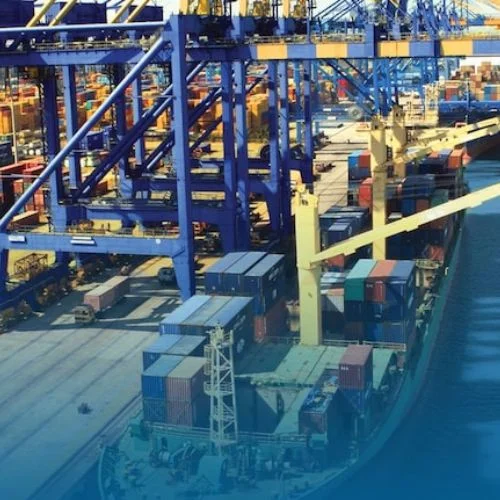According to two persons with knowledge of the negotiations, the Biden administration is in talks with Vietnam about the largest military transfer ever between the two former Cold War rivals. The pact might enrage China and marginalise Russia.
The sale of a fleet of American F-16 fighter jets could complete the recently upgraded partnership between Washington and Hanoi as the Southeast Asian country experiences tensions with Beijing over the disputed South China Sea, according to one of the people. The deal could be finalised within the next year.
The agreement may not be reached because it is still in the early stages and the specific parameters have not yet been worked out. But over the previous month, it was a major subject of formal Vietnamese-American meetings in Hanoi, New York, and Washington.
According to the second unnamed source, Washington is considering creating special financing arrangements for the expensive equipment that may assist cash-strapped Hanoi move away from its usual dependence on lower-cost, Russian-made armaments.
Requests for response were not answered by White House or Vietnamese Foreign Ministry spokespeople.
Specifically anything that can help them better monitor their maritime domain, possibly transport aircraft and some other platforms, we do see interesting movement from the Vietnamese in some U.S. systems, according to a U.S. official.
Being innovative about how we could try to offer better financing choices to Vietnam to bring them things that could be extremely valuable to them is part of what we’re working on internally as the U.S. government.
A significant arms sale between the United States and Vietnam would enrage China, Vietnam’s larger neighbour, which is leery of Western attempts to contain Beijing. Vietnam is trying to strengthen its maritime defences as a result of a long-running territorial conflict between China and Vietnam that is intensifying in the South China Sea.
According to Jeffrey Ordaniel, director for maritime security at the think tank Pacific Forum International and associate professor of international security studies at Tokyo International University, “They are developing asymmetric defensive capabilities but (want) to do so without inciting a response from China.” “It is a fine act of balancing.”
Ordaniel argued that Washington should divert monies intended for Middle Eastern forces to the Indo-Pacific area “so partners like Vietnam, the Philippines, and Taiwan can afford the weapons they need to resist Beijing.”
The Biden administration has stated that it is attempting to strike a balance between managing the relationship between the two giants and engaging in geopolitical competition with China, notably in the Pacific.
When U.S. President Joe Biden visited Vietnam earlier this month, Hanoi promoted Washington to Hanoi’s highest diplomatic status, alongside China and Russia.
Nearly fifty years after the Vietnam War’s end, the diplomatic reversal represents a significant turning point.
While Russia has provided roughly 80% of Vietnam’s arsenal after an arms embargo was eased in 2016, U.S. defence exports to the country have been restricted to coast guard ships and trainer aircraft.
Washington is hopeful that Vietnam can eventually transfer some of its $2 billion yearly budget for arms imports to come from the United States or its partners and friends, particularly South Korea and India.
The government has imported fewer than $400 million of American arms over the past ten years due to a number of factors, including the high expense of American weapons and the need for training in their use.
The U.S. official stated that Vietnamese officials “are fully aware that they need to spread the wealth.” “We must take the initiative to assist Vietnam in obtaining its needs.”
Meanwhile, the conflict in Ukraine has strained Hanoi’s relationship with Moscow, making it more difficult to obtain supplies and replacement components for Russian-made weapons. Nevertheless, according to Reuters, Vietnam is also actively negotiating with Moscow on a new arms supply deal that may result in American penalties.















